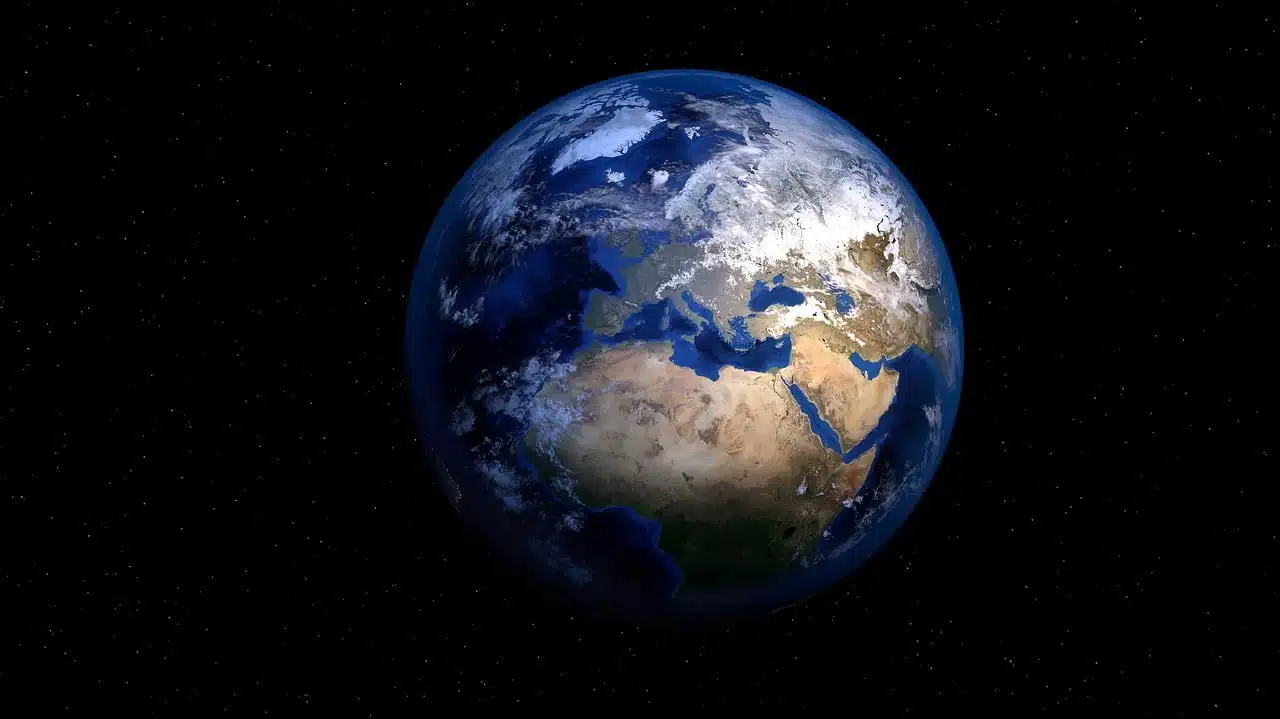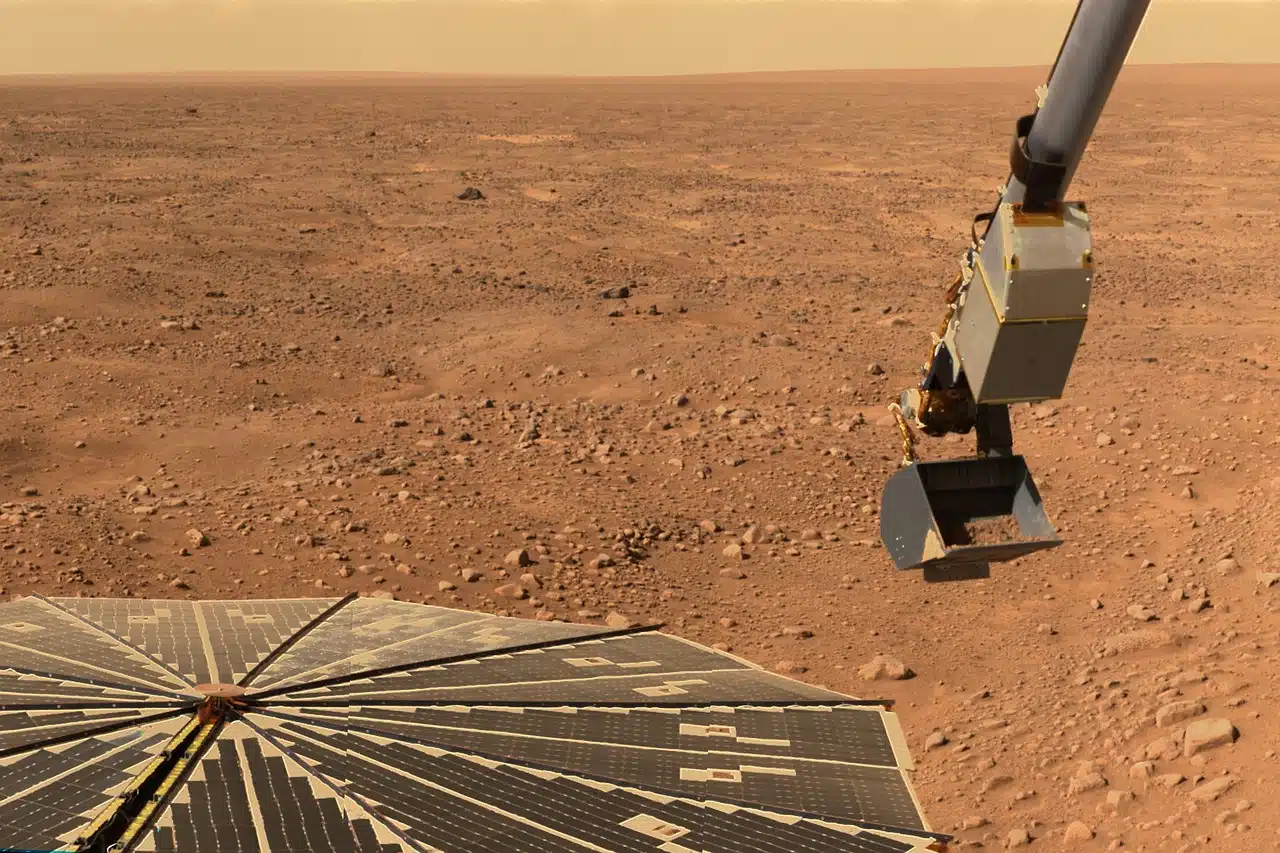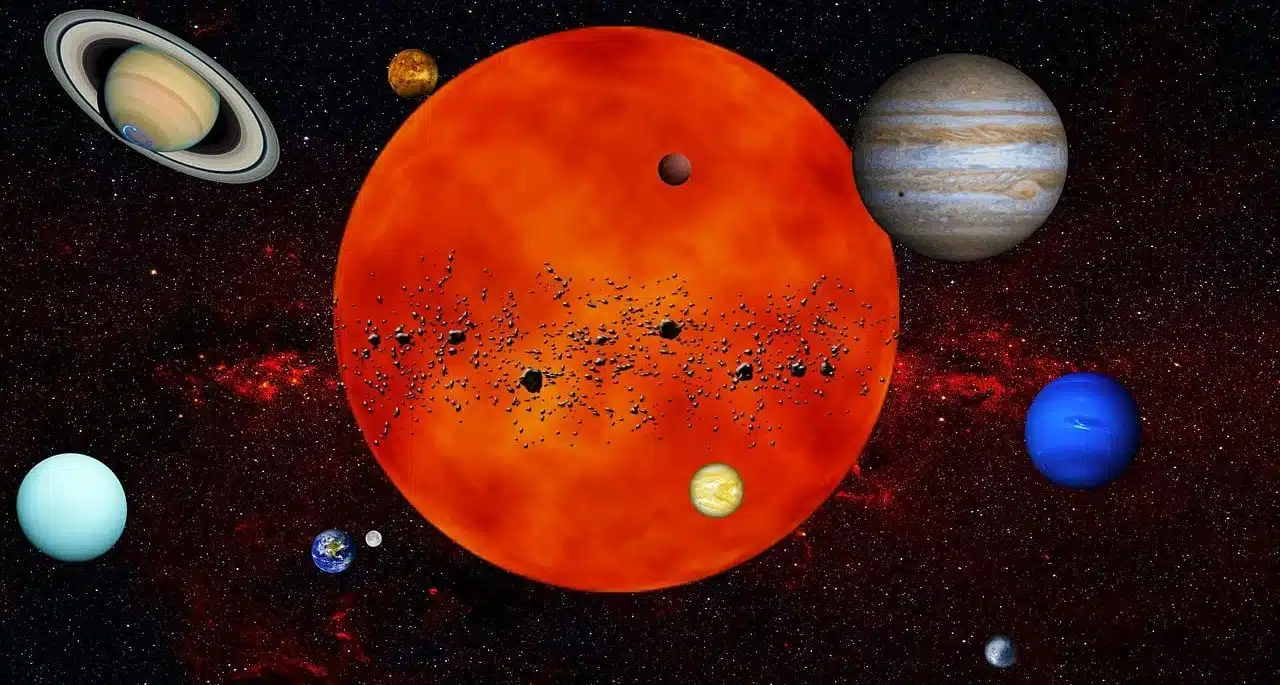
The planet is a solid celestial element.
Planet is a solid celestial element that revolves around a certain star and reflects lights that allow it to be observed. The notion has originated from the Latin word planēta , which derives from a Greek concept that translates into Spanish as "wandering" .
The information shared by the International Astronomical Union allows us to know that the planets have a sufficient amount of mass that allows their gravity to overcome the forces of the rigid body, which is why they adopt a structure in hydrostatic equilibrium. On the other hand, it must be said that planets are bodies that have clarified the surroundings of their orbit to get rid of planetesimals , a concept that describes solid objects that once appeared in protoplanetary disks.
The planets of the Solar System
Today, the Solar System is considered to be composed of eight planets: ours (i.e. Earth ), Saturn , Mars , Jupiter , Venus , Mercury , Uranus and Neptune . Until 2006 , Pluto was also considered a planet, although later it was decided to mention it among the dwarf planets (since, although it does not constitute a natural satellite of another planet, it has not yet cleared the vicinity of its orbit ), like the cases of Ceres and Eris .
In this sense, it is curious to mention that their names, with the exception of ours, have their origin in an important group of gods belonging to Greek or Roman mythology . In this way, we find the fact that Saturn is the name of the Roman god of agriculture, Mars is equivalent to the representative deity of war, Jupiter is the most important Roman god and Venus is the goddess of love.
On the other hand, Mercury is the deity with which commerce is identified, Uranus is the Greek god of the sky and finally Neptune is the god that the Romans associated with the sea.

Mars is one of the planets in the Solar System.
Classification according to type
According to their structure, the planets can be segmented as terrestrial or telluric planets and Jovian planets . The first are small, have a solid, rocky surface and high density (like Earth and Mars). The latter, on the other hand, are essentially gaseous, with low density and a large diameter (like Jupiter and Saturn ).
Regarding their movements, the planets can be inferior (those that do not move too far from the Sun and cannot be in opposition) or superior (their angle of elongation is unlimited and they can be in opposition).
It should be noted that astronomers have various resources to investigate the characteristics of the planets. Since the time of Galileo Galilei , telescopes have been essential instruments for this science: today there are radio telescopes , infrared telescopes and other elements of enormous value that can be of great help in an astronomical observatory to see beyond the atmosphere (also called atmosphere).
Nor can we fail to mention the space telescope . It may be an artificial satellite that is put into orbit or a space probe that is sent towards an object.

An extrasolar planet does not orbit the Sun.
planet earth
Planet Earth is the only one that harbors life, at least according to the knowledge that human beings have at the moment. The search for extraterrestrial life through SETI projects, however, never stops.
On Earth you can find seas, rivers, lakes, mountains, deserts, glaciers, forests and grasslands, for example. An imaginary line called the equator divides the planet into a southern hemisphere and a northern hemisphere . The equator, in turn, is located at an identical distance from the two geographic poles: the south pole and the north pole .
It is interesting to mention that the oceans and the rest of the water sources cover 71% of the earth's surface. The rest corresponds to the continents and islands.
The term in other areas
In addition to everything stated above, we can also emphasize that the term is associated with one of the most important publishing groups that exist throughout the world . More precisely, the Planeta Group , launched in Barcelona in 1949 , which is in the top ten in this sector, has more than one hundred labels and works in various fields such as the media or even the Internet.
Likewise, we cannot ignore that in the cinematographic field there is a film that takes the concept at hand as a fundamental element and that has managed to become one of the classics in the history of this art. We are referring to "The Planet of the Apes" , a science fiction film directed in 1968 by Franklin Schaffner and starring Charlon Heston .
A book of the same name by Pierre Boulle is what gives meaning to this production, which has had a remake signed by the great filmmaker Tim Burton .
